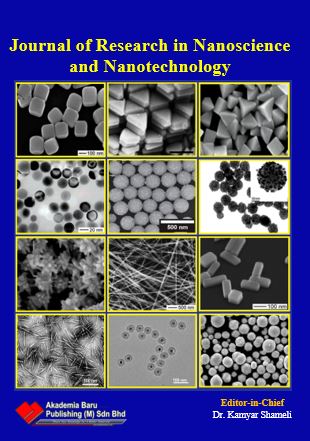Performance Evaluation of Polycrystalline Photovoltaic Module based on Varying Temperature for Baghdad City Climate
Keywords:
solar energy, module temperature, irradiance, output power, efficiencyAbstract
The impact of the solar photovoltaic cell temperature on module output performance parameters is investigated experimentally under conditions of Baghdad city climate in the present study. The tests are conducted using a test rig for Polycrystalline silicon solar panel with rated capacity 300W and equipped with measuring devices. Test conditions are based on three months duration, June, July and August of year 2019 through the period from 8AM to 4PM per day. This period represents the highest ambient temperatures through summer months in Baghdad city in Iraq. The results have shown that, under the test conditions for cell temperature with range 45-65°C a significant reduction in the output power, efficiency and fill factor with module temperature rise were observed. The loss in the open circuit voltage and output power of the photovoltaic module was about -0.104/°C and -1.3/°C respectively. The reductions in the current and voltage at maximum output power with temperature increasing were about -5.24% and -5.45% respectively. The drops in the efficiency and fill factor of the photovoltaic module due to the module temperature increase were 9.62% and 12.96% respectively compared to that at standard conditions. The temperature coefficient of the maximum power was -0.52% for the solar photovoltaic module under test conditions.





